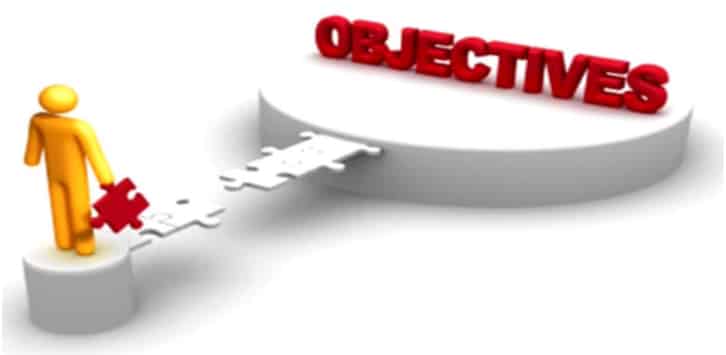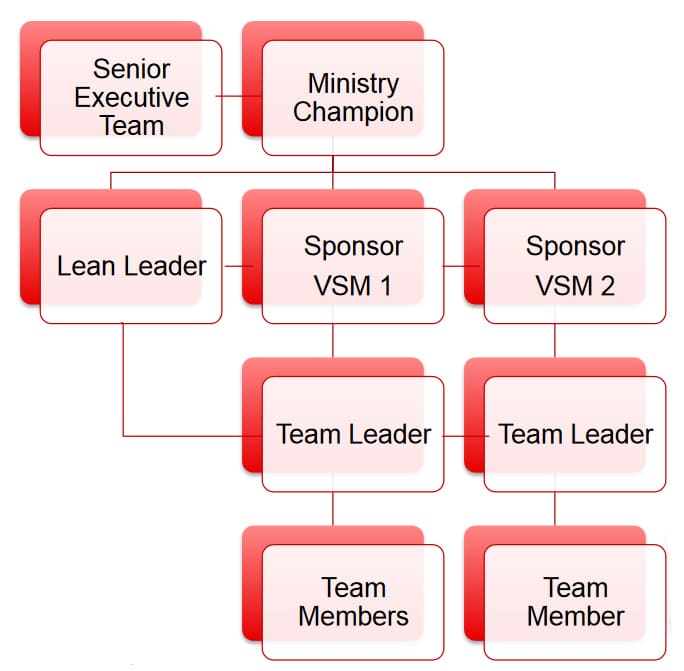2017

Lean Deployment Models
Posted by Perspect
Client Introduction
Copyright Notice
These materials, including all attachments, are protected under the copyright laws of Canada, United States and other countries as unpublished work. These materials contain information that is proprietary to, and confidential to, Perspect Management Consulting Inc. and are the subject of a legally binding Contractual Agreement. Under the terms of the Contractual Agreement the materials shall not be used for any purpose other than those described in the Contractual Agreement. Any other use or disclosure of this information, in whole or in part, without express written permission of Perspect Management Consulting Inc. is prohibited.
© 2012 Perspect Management Consulting Inc. All Rights Reserved
Presentation Objective
- Discuss what to consider when deploying lean
- Provide participants with overview of various lean deployment models
- Discuss key roles in deployment
- Highlight infrastructure considerations
- Discuss metrics and sustainability

Why are you deploying Lean?
- Long term goals should drive the deployment strategies.
- A guiding vision is important for change management.
- Key long term goals to consider:
- Enterprise transformation
- Strategic improvement
- Problem solving
- Cost reduction
- Image
- Begin with the business case
- what do you want from lean?
- how much do you want from lean?
- how fast do you want to go?

Begin with the end in mind
Public vs. Private Sector Issue
- Government and private sector organizations have much in common
- Pressure to improve service and products
- Expectations to control or cut costs
- Do more with less
- Increase capacity, quality and productivity
- Large organization behavior
- Key differences to recognize during deployment
- Customers, clients, users and taxpayers
- Politics
- Reward system
- Funding and budgeting
Which Deployment Model to Use?
Impact
- Business Transformation
- Organization wide deployment
- Major culture change
- Strategic improvement
- Targeted deployment on critical problems
- Projects necessary for success or survival
- Problem solving
- Specific operational problems
- Incremental improvements in organizational performance
Scale
- Entire organization
- Department
- Project/Section/Team
Organization Readiness
- Culture
- Past process experience
- Management team
- Stability
Model should be selected based on Organization Goals
Deployment Models
- There is no one “right” model
- Adapt the deployment to the organization’s situation
- Four models to consider:
- Enterprise wide (traditional model)
- Department/business unit (scalable model)
- Targeted (problem solving model)
- Grass roots (bottom up model)
- Other considerations
- Centralized (centrally based lean experts)
- Decentralized (lean experts in-house working with local lean leaders)
- Partnership approach (local lean experts reporting to in-house Deployment Champion)
Enterprise Wide Model
- Characteristics
- Top down driven
- Comprehensive
- Major culture change
- Rapid, highly visible deployment
- Deployment considerations
- Solid leadership from the top management is essential
- Large infrastructure and full time staff
- Significant planning and management over time
- Integration with other management systems
- Need for common language and problem solving methodology
- Need to address cross functional processes
This is the traditional deployment model with a proven track record. However, it is challenging to execute.
Department / Business Unit Model
- Characteristics
- Department leadership but enterprise management support
- Department pilot for enterprise
- Comprehensive at the department level
- Culture change
- Deployment considerations
- Easier to start due to smaller scale
- Slower pace is possible; scale up after initial success
- Greater use of consultants and outside training
- Less integration with management systems
- Similar to enterprise model but on a smaller scale
- Risk of not getting beyond the department level
Good option for a strong mid level leader with a supportive boss.
Targeted Model
- Characteristics
- Top management leadership
- Focused on a few specific business problems
- Driven by a desire for strategic impact
- Culture change not a deployment objective
- Deployment considerations
- Easy to get started
- Can work in smaller organizations
- Quick results because problems are identified ahead of time
- Infrastructure needs are small; use contracted resources
- Risk of not sustaining the gains
Good model if resources are very limited. Can build momentum for organization wide efforts
Grass Roots Model
- Characteristics
- Originates at the bottom of the organization
- Highly motivated individuals lead the effort
- Project or problem specific
- Culture change not an objective
- Deployment considerations
- Easy to do
- Track record for sustainable improvement is not good
- Few if any infrastructure needs
- Big success can lead to using other deployment models.
Model can produce good results but often fades over time due to lack of top management attention.
Deployment Foundation
- Unrelenting focus on what matters most
- Adopting a deployment maturity model
- Understanding deployment customer requirements
- Roles and Responsibilities
- Deployment accountability
- Talent development
- Change management
Deployment Roadmap

Lean Governance (Example)

Senior Executive Team
Set Direction
- Develop deployment strategy
- Establish improvement targets
- Communicate importance of initiative
- Review results ongoing
- Select projects that support the organizational strategy
- Manage leadership process
Department Lean Deployment Champions
Prioritize and Deploy
- Implement deployment strategy
- Communicate business needs
- Select projects that support the organizational strategy
- Select lean leaders
- Manage results
- Sponsor improvement projects
Sponsor
Sponsor Improvement Events and Projects
- Gain buy-in from and prepare key stakeholder
- Select projects align with business objectives
- Work with lean leaders to prepare for lean events
- Provide info on business requirements
- Provide expert resources to support team
- Assure lean approach is being deployed
- Monitor project progress
- Remove organizations barriers
- Rewards team success
Lean Leader
- May be a full or part time roll – becomes lean resource internally
- Supports many improvement teams
- Possesses x-functional knowledge, analytical/technical skills, coach/mentor
- Facilitates team success – ensures team deliverables ready for event
- Assists team with data analysis pre-event
- Assures implementation improvements are successfully executes (proper monitoring and reporting in place)
- Assist team leads with PDCA cycle
- Coaches business leaders in use of lean tools in context of business goals
Team Lead
- Part time project responsibility
- Selected based on the context of the value stream – subject knowledge – potential ownership
- Possesses leadership skills, project management skills, problem solving skills
- Supports the lean facilitator during the process – keeps team engaged and in scope
- Assumes leadership in all pre-event activities
- Assures successful implementation of improvement in assigned projects
Deployment Maturity Model

Supporting Infrastructure
- Projects
- Project idea and charter development process
- Project financial validation process
- Project selection process
- Project management process
- Audit results process
- Project database
- Training
- Curriculum
- Statistical software
- Deployment Champion / Lean Leader support
- Tools and templates
- Project report outs
- People
- Selection process
- Certification process
- Development plans
- Rewards and recognition
- Organizational structure
- Engagement
Deployment Metrics
- Outcome measures
- Lean project financial benefits
- Culture change
- Deployment management measures
- Projects completed
- Project cycle time
- Projects on-track
- Active and completed projects per Lean Leader and Team Leader
- Benefits per project
- Lean Leader successful repatriation (coming back to work on other projects)
- Charters written
- Charter inventory
- Lean Leaders per employee
- Projects per employee
Sustaining the Gains
- Create a Lean control plan
- Build a data and performance driven management culture
- Organization performance
- Process performance
- Lean performance
- Strengthen management accountability
- Maintain the Lean focus on the most important organization goals and performance gaps
- Tighter integration between Lean and the enterprise’s management systems (Strategic Deployment – aka Hoshin Kanri)
Questions

Please feel free to contact us to discuss your continuous improvement needs.
We would be happy to answer any questions you may have.
Contact Us
Perspect Management Consulting
Regina, SK
Canada
+1(306)591-5101
Colin McAllister P.Eng, PMP, MBA, CMC
perspectmc.wpengine.com
Info@perspect.ca
